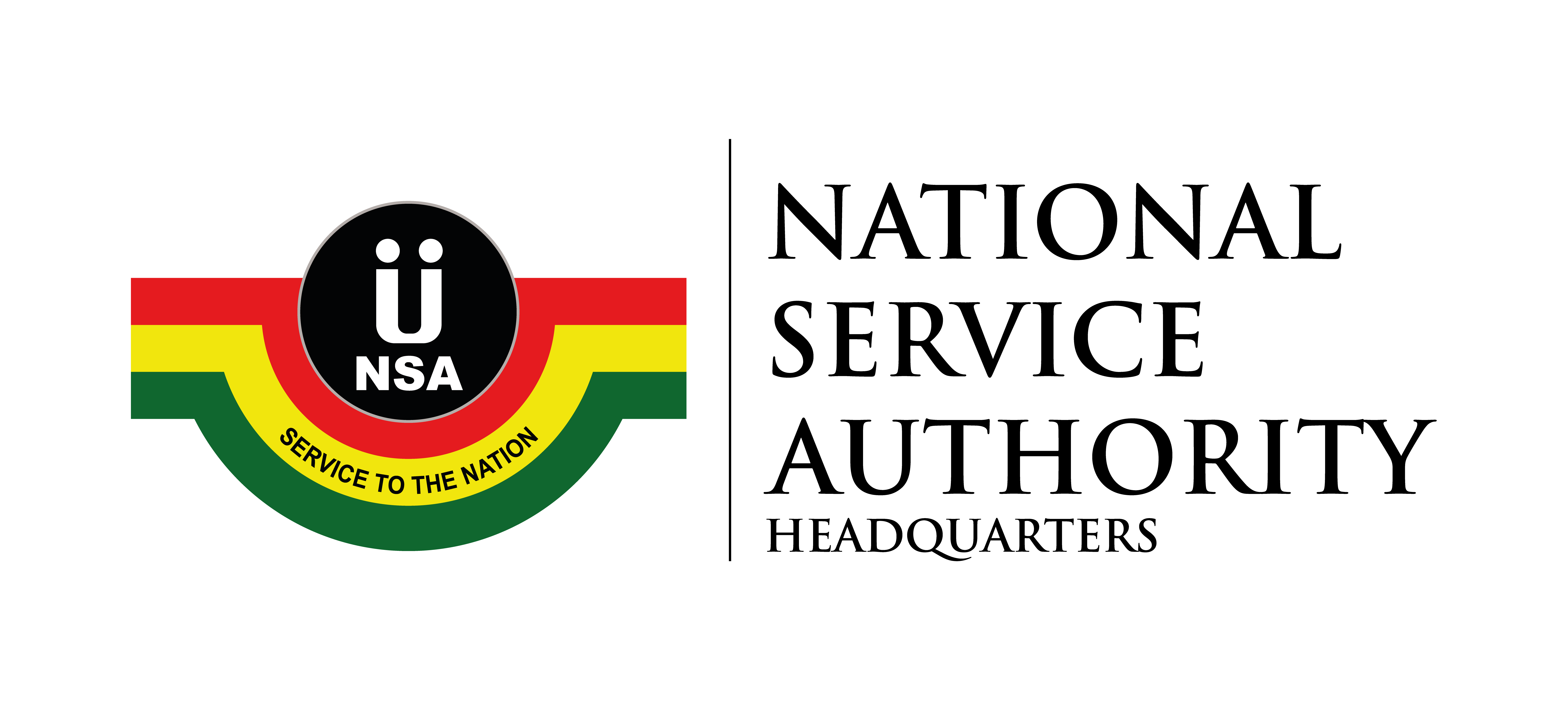
By Dr Dan Vincent Armooh, PHIS Rep on CIIG Council LinkedIn: darmooh
Ghana’s private health insurance sector plays a vital role in the country’s healthcare system, complementing the National Health Insurance Scheme (NHIS) and expanding access to quality medical care.
Despite growing demand and increasing awareness of health insurance benefits, the industry’s growth has been sluggish as a tortoise on a tranquilizer – a stark contrast to its often touted potential.. As Peter Drucker aptly puts it, “Quality is not what you put into it, but what the customer gets out of it.” Key benchmarks like service quality and innovation has remained generally low.
This article explores strategies to build capacity for excellence in Ghana’s private health insurance industry, the achievement of which will enhance performance and improve access to quality healthcare for Ghanaians.
In building capacity for excellence, five key areas that all PHIS players must take a critical look include;
1. Operational Excellence
The health insurance industry relies heavily on trust, which is significantly influenced by the interactions between end-users and third-party service providers. A positive experience for clients hinges on operational excellence from the insurer which rests on optimised systems, knowledgeable personnel, and nimble processes. In building capacity for excellence a private health insurer should give attention to the following areas::
-
Provider Onboarding: Streamlining the process to ensure seamless integration with healthcare providers
-
Claims Processing: Efficiently reviewing, vetting, and paying claims on time to reduce delays and disputes
-
Provider Reconciliation: Implementing effective systems for smooth transaction verification, reconciliation and feedback mechanisms
-
Pre-Authorisations: Ensuring easy communication between insurers, the providers and insured individuals
To excel in these areas, insurers should invest in robust core systems and software and undergo digital transformation to facilitate seamless service delivery across their network of providers. They must also simplify the claims settlement proces and prioritize the needs of healthcare service providers (HSPs). Claims must of neccesity be paid on time! Timely claims payments foster positive relationships with HSPs, ultimately benefiting the insurer.
Effective provider management involves
-
Digital Enablement: Leveraging technology to enhance information flow and reduce administrative burdens
-
Personalised Relationships: Building strong partnerships with HSPs through regular engagement and support
In addition, insurers must not drop the ball on their comprehensive risk management initiatives including;
-
Regulatory Compliance: Maintaining adherence to regulatory requirements
-
Capital Reserves: Ensuring adequate reserves to meet financial obligations
-
Policy Clarity: Clearly disclosing key terms and conditions to protect their reputation
-
Cybersecurity: Protecting sensitive data and mitigating cyber threats
By focusing on these areas, insurers can build trust, improve customer satisfaction, and maintain a competitive edge in the market.
2. Customer Centricity
Private health insurers in Ghana must prioritize customer centricity to deliver value to their clients. While many insurers claim to be customer-focused, few truly are. A customer-centric insurer develops products that meet the actual needs of their customers. As the saying goes, “Customers don’t care about your brand; they care about what you can do for them.” Unfortunately, the established players in the industry often prioritizes brand projection over delivering tangible value to customers.
To bridge this gap, insurers must shift their focus from mere brand imagery to meaningful customer-centric engagement. This can be achieved by:
-
Developing tailored products: Designing insurance products that address specific customer needs and preferences.
-
Enhancing customer engagement: Regularly gathering feedback and proactively communicating with customers to improve their experience and also consciously removing operational barriers to ensure seamless service delivery and responsiveness to customer needs.
By adopting a customer-centric approach, private health insurers can build trust, loyalty, and ultimately drive business success. They must imbibe a company-wide adoption of the maxim that “Customer service shouldn’t just be a department; it should be the entire company.”
Some potential strategies for implementing customer centricity include;
-
Conducting regular customer surveys: Gathering feedback to understand customer needs and preferences.
-
Implementing customer relationship management (CRM) systems: Utilizing technology to track customer interactions and preferences.
-
Training customer-facing staff: Equipping staff with the skills and knowledge to deliver exceptional customer service.
3. Innovation
To drive excellence and growth, private health insurers must prioritize innovation. Innovation goes beyond grand ideas; it requires a culture that encourages experimentation, creativity, and collaboration. Companies must foster an environment where innovation is nurtured, incentivized, and embedded in every aspect of the business operations. PHIS companies can achieve this by;
-
Encouraging experimentation: Employees must be encouraged to explore new approaches and learn from failures.
-
Industry-wide collaborations: Players must partner with other private health insurance companies to address common challenges, such as:
-
Telemedicine: Developing shared telemedicine systems to improve access to healthcare.
-
Claims processing: Establishing a common claims processing center to reduce fraud and improve efficiency.
-
Pharmaceutical partnerships: Collaborating to negotiate bulk medication purchases and improve distribution.
-
Data sharing: Players must share data especially on clients with very poor claims ratios to prevent transfer of bad risk from one company to another
-
-
Explore cross-industry partnerships: Industry players must also collaborate with companies from other industries to leverage new ideas and technologies. This should include key partners like insurance agents and brokers who may or may not sell health insurance products.
The benefits of innovation includes Improved customer experience, improved operational efficiency and enhanced competitive urge over non-innovative players.
-
Continuous Learning
The private health insurance industry in Ghana must also prioritize continuous learning to stay ahead of the curve. Given the rapidly evolving healthcare landscape, practitioners must adopt an open mindset geared towards ongoing education and skill development. This can be achieved through;
-
Industry-Academia Partnerships: The industry must collaborate with institutions like the National Health Insurance Authority, Universities, and the Chartered Insurance Institute of Ghana to design industry-specific courses and training programs for its members and practitioners.
-
Knowledge Sharing: Practitioners must encourage knowledge sharing among themselves, with researchers, and with industry experts to stay updated on best practices and emerging trends.
-
Professional Development: The industry must provide opportunities for continuous professional development to enhance skills and competencies in areas such as:
-
Health insurance regulations: Staying updated on regulatory changes and compliance requirements.
-
Healthcare trends: Understanding emerging trends and innovations in healthcare delivery.
-
Data analytics: Leveraging data analytics to inform business decisions and improve outcomes.
-
Professional development courses must become a mandatory requirement by the regulator for principal and other senior officers of Private health Insurance Schemes. By prioritizing continuous learning, the Private Health Insurance industry can enhance innovation, improve service outcomes and remain competitive in the rapidly changing market.
-
Mentorship Training
The health insurance industry can also benefit significantly from mentorship programmes that grooms young professionals for the future. This can facilitate knowledge transfer, skills development and networking opportunities which will ultimately lead to the growth of the industry. Again partnership with the Universities could be good conduits to achieving these objectives.
In conclusion, building capacity for excellence in Ghana’s private health insurance industry requires a multifaceted approach that prioritises operational excellence, customer centricity, innovation, continuous learning and knowledge transfer through mentorship of young professionals.
By focusing on these key areas, private health insurers can improve customer satisfaction, reduce costs, and drive growth. The future has be be crafted into existence. As the industry continues to evolve, it is essential for insurers to stay ahead of the curve by embracing new technologies, collaborating with stakeholders, and innovating solutions that meet the changing needs of Ghanaians.
The post Building capacity for excellence in Ghana’s private health insurance industry appeared first on The Business & Financial Times.
Read Full Story



















Facebook
Twitter
Pinterest
Instagram
Google+
YouTube
LinkedIn
RSS